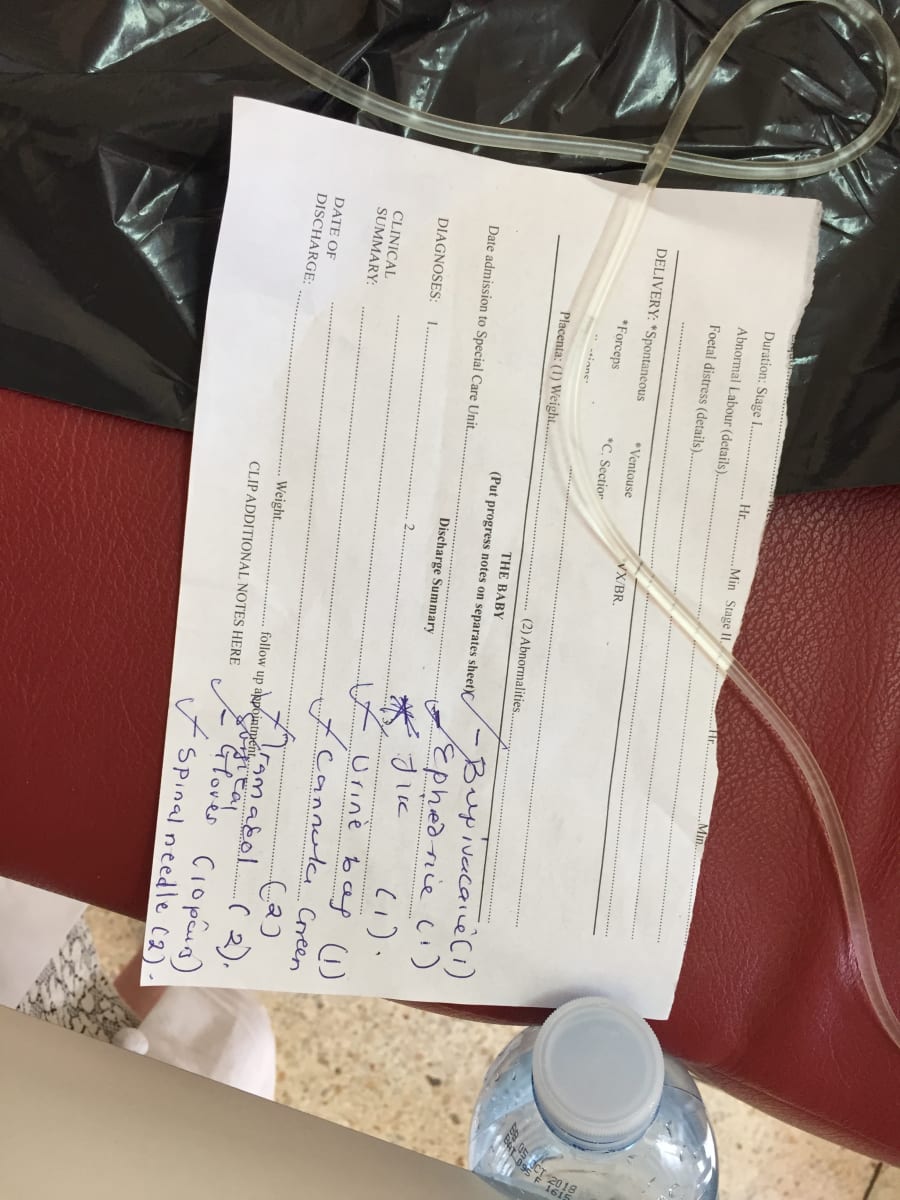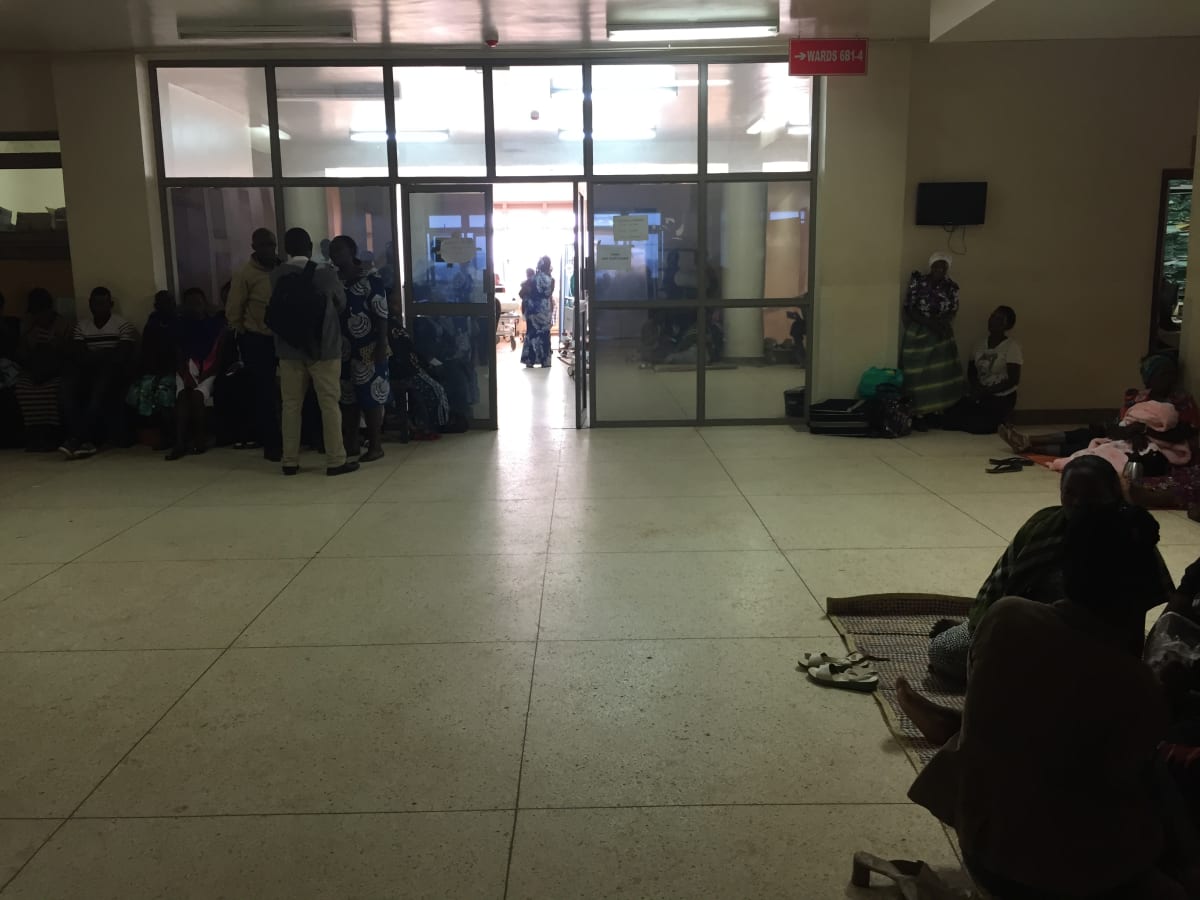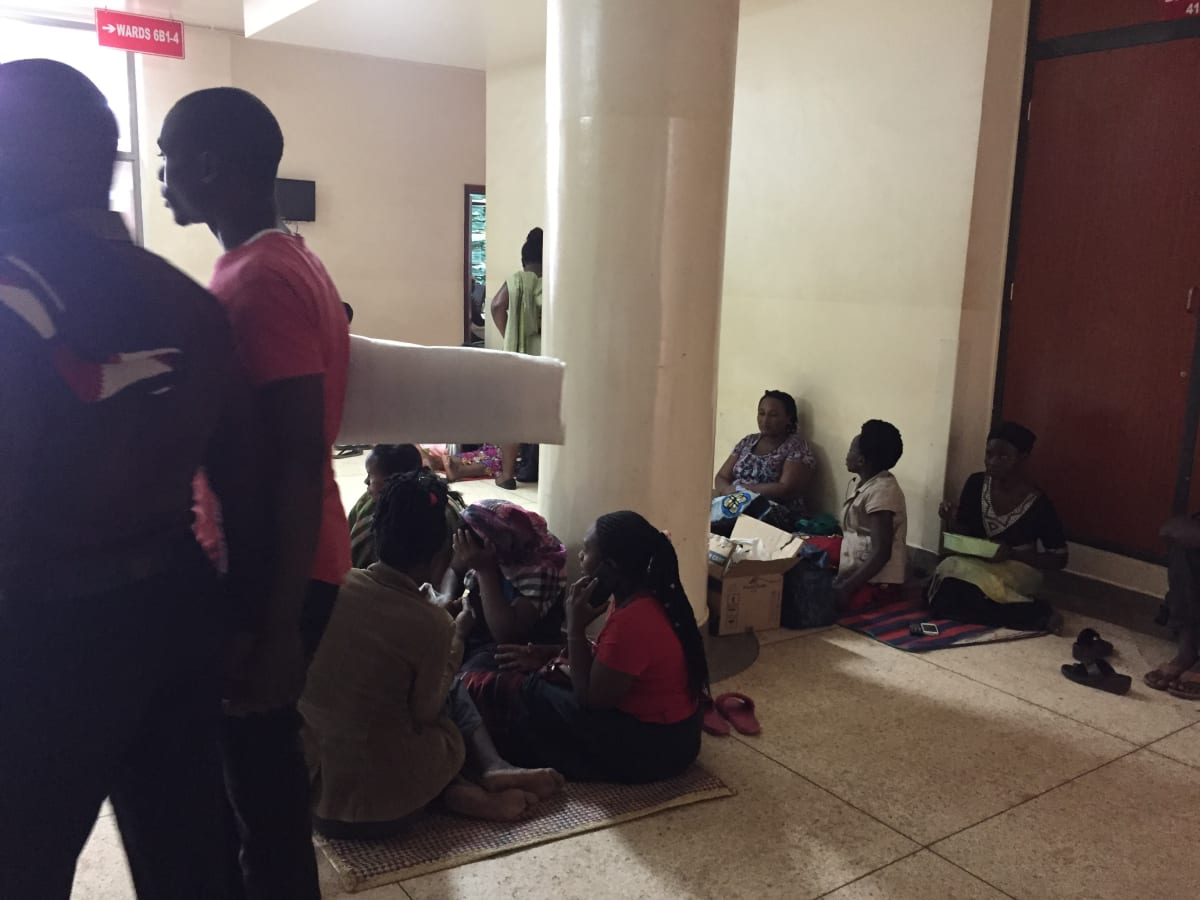I, a senior Ob/Gyn attending, will be traveling with a chief resident in Obstetrics and Gynecology to the School of Medicine of Makerere University in Uganda. Operative obstetrics and local anesthesia techniques are not commonly used/taught in this region. Our plan is to deliver a number of lectures to the staff, residents and any medical students rotating on the wards in order to teach an evidence based approach to operative obstetrics. Next we plan to hold simulation labs with obstetric models and then demonstrate techniques on patients. Finally, we will observe them practicing these skills. In addition, we are going to spend some time observing local practices and protocols and make suggestions if needed. We have also let the staff know that we are more than willing to assist in other areas of our expertise (specifically laparoscopy and family planning) should there be specific needs or questions.
Initially our interactions will be with the staff, residents and medical students of Makerere University. After delivering lectures, we plan to demonstrate these skills on women presenting in labor. Ultimately, we hope to observe the staff practicing these same skills on their obstetric population. Thus, while we hope to teach and expand an important obstetric skill set, the goal is to improve the health of mothers and babies of this region in Uganda.
Our goal is to teach an important, often underused skill. Ultimately, increases in providers skilled in operative deliveries will improve mother-baby safety and prevent unnecessary c-section deliveries. Other groups from the US have plans to travel to this University and we hope to be able to follow up with them and learn of our impact. Also, we plan to ask for compiled rates of types of deliveries at the time we are there and hope very much to return in a year or so and then can compare rates and see if skills are in use/retained






We spent the week at Makerere University Hospital in Kampala, Uganda. This is the busiest maternity hospital in all of Africa with over 30,000 deliveries per year. While the University is in the process of completing construction on a new hospital, currently their present facilities are stretched to the limit with only 3 ORs for all of their obstetric and gyn patients.
We spent most of our time with the interns and resident physicians leading rounds both on the obstetric and gynecologic services. There were frequently medical students who joined rounds as well.Probably the most important skill we focused on with them was triage, with which so many often acutely ill women and very limited resources, was of the utmost importance. The "waiting for c/s" list was often in the multiple digits and we worked with them to prioritize who needed the most immediate surgery and who could safely wait or be bumped down the list. We had honestly hoped to do more teaching of procedures, but the overwhelming volume did not allow demonstration of procedures, so we focused on this as we felt it could make the most immediate impact on the skills of these physicians and the patients in front of us.